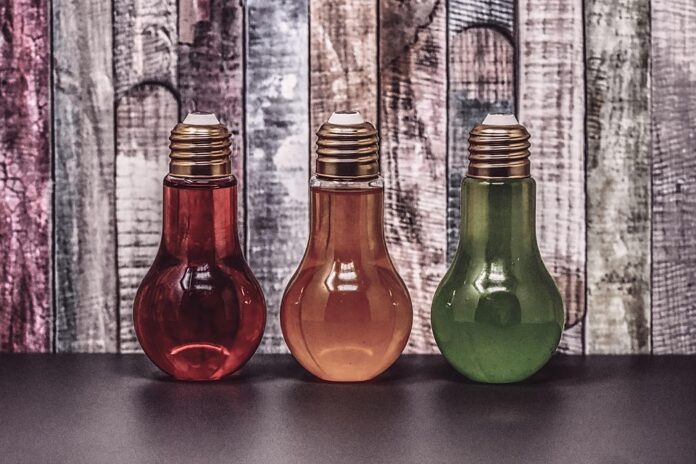Introduction
Low alcohol liqueurs have been gaining popularity among mindful and social drinkers in recent years. These beverages offer a lighter alternative to traditional liqueurs, appealing to individuals who are looking for a more balanced drinking experience. In this report, we will explore the reasons why low alcohol liqueurs are capturing the attention of consumers, the companies leading this trend, and the financial implications of this growing market.
Why Low Alcohol Liqueurs Appeal to Mindful and Social Drinkers
Health Consciousness
One of the main reasons why low alcohol liqueurs are appealing to mindful drinkers is the growing trend of health consciousness. Consumers are becoming more aware of the impact of excessive alcohol consumption on their overall well-being, leading them to seek out lower alcohol alternatives. Low alcohol liqueurs provide a way for individuals to enjoy a cocktail without the guilt of consuming high amounts of alcohol.
Flavor and Versatility
Low alcohol liqueurs also appeal to social drinkers who are looking for flavorful and versatile options for their cocktails. These beverages come in a wide range of flavors, from fruity to herbal, allowing consumers to experiment with different combinations and create unique drinks. Additionally, low alcohol liqueurs can be easily mixed with other ingredients to create complex and delicious cocktails, making them a popular choice among social drinkers.
Social Responsibility
Another factor that contributes to the appeal of low alcohol liqueurs is social responsibility. With growing concerns about the effects of alcohol on society, many consumers are opting for lower alcohol options as a way to drink more responsibly. By choosing low alcohol liqueurs, individuals can enjoy a drink without the risk of overconsumption, promoting a safer drinking culture.
Industry Insights
Market Trends
The low alcohol liqueurs market has been experiencing significant growth in recent years, driven by changing consumer preferences and the rise of wellness trends. According to a report by Market Research Future, the global low alcohol beverages market is expected to reach $7.9 billion by 2023, with a CAGR of 5.2% during the forecast period. This growth is fueled by the increasing demand for healthier and more mindful drinking options.
Key Players
Several companies have been leading the way in the low alcohol liqueurs market, offering innovative and high-quality products to consumers. One prominent player in this space is Seedlip, a British company that specializes in producing non-alcoholic spirits. Seedlip’s products have gained widespread popularity among consumers looking for sophisticated and alcohol-free alternatives to traditional spirits.
Another key player in the low alcohol liqueurs market is Lyre’s, an Australian brand that offers a wide range of non-alcoholic spirits and liqueurs. Lyre’s products are known for their premium quality and authentic flavors, making them a favorite choice among mindful and social drinkers.
Financial Implications
The rising demand for low alcohol liqueurs presents significant financial opportunities for companies operating in this market. With consumers increasingly seeking healthier and more balanced drinking options, companies that offer low alcohol beverages stand to benefit from this trend. By investing in product innovation and marketing strategies targeted towards mindful and social drinkers, companies can capitalize on the growing popularity of low alcohol liqueurs and drive revenue growth.
In conclusion, low alcohol liqueurs appeal to mindful and social drinkers for a variety of reasons, including health consciousness, flavor and versatility, and social responsibility. The growing market for low alcohol beverages presents financial opportunities for companies that are able to meet the changing preferences of consumers and offer high-quality products. As the demand for healthier and more balanced drinking options continues to rise, the popularity of low alcohol liqueurs is expected to increase, shaping the future of the beverage industry.



